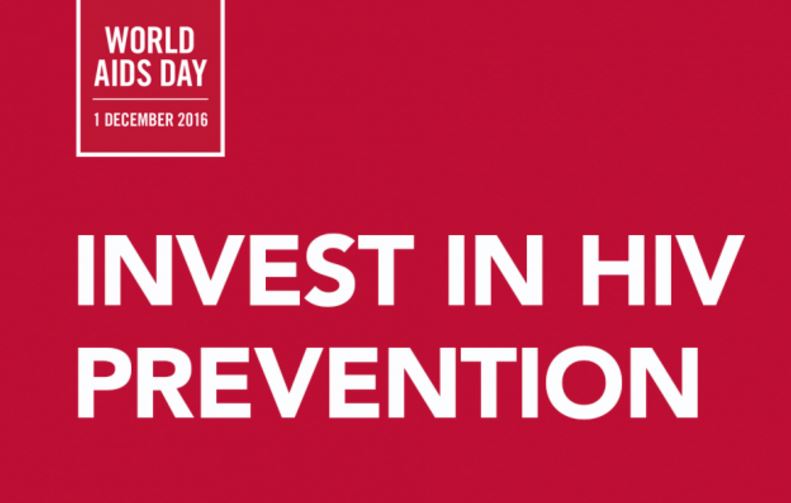Today, as we commemorate World AIDS Day, I would like to draw attention to the importance of addressing young people’s specific needs in the fight to end AIDS by 2030.
While the HIV response has made considerable progress in reducing new HIV infections and AIDS-related deaths, serious gaps remain, and young people still carry a heavy burden of the epidemic and endure significant challenges to access HIV and sexual and reproductive health services.
Globally, young people’s knowledge about HIV has stagnated over the past 15 years, with just 35% of young men and 28% of young women who know how to prevent HIV. Many countries continue to have laws and policies that require a parent’s consent for a young person to access HIV and sexual and reproductive health services, hindering prevention efforts.
Adolescent girls and young women are especially vulnerable in countries with high HIV prevalence, especially in sub-Saharan Africa. To reverse this alarming trend, we must end gender-based violence and overcome harmful gender norms and inequalities, insufficient access to education and sexual and reproductive health services.
Globally, young people still face unsurmountable stigma, discrimination and violence, which jeopardize their health and survival.
In a world where 50% of the population is under 30 years old, young people and their needs must be at the core of the HIV response as beneficiaries, partners and leaders. We must tackle the root causes that put young people at risk, advance young people’s rights and support young people’s participation in decisions that affect their health.
Earlier this year, the UN General Assembly adopted a Political Declaration on HIV and AIDS titled: On the Fast-Track to Accelerate the Fight against HIV and to End the AIDS Epidemic by 2030. In this landmark Declaration, which sets the path to end AIDS and achieve the Sustainable Development Goals, Member States included strong commitments to address young people’s specific needs and rights in the context of HIV. It is now critical that these commitments are translated into concrete action. Young people have a critical role to play in holding their governments accountable to these commitments.
On this World AIDS Day, I stand in solidarity and call upon all of us to strive to support youth-led initiatives, organizations and networks, particularly of young people living with HIV, young key populations and young women, to advocate and mobilize effectively for social change and justice to end AIDS by 2030.

